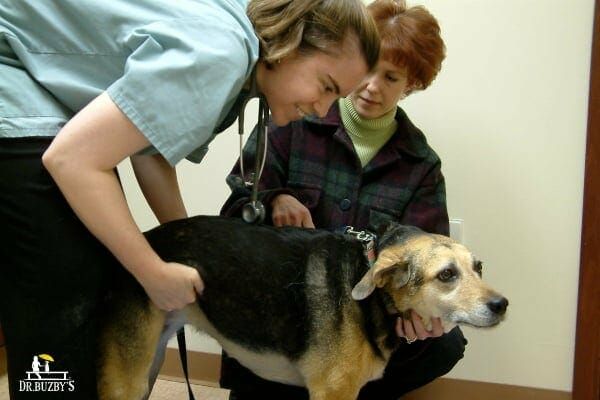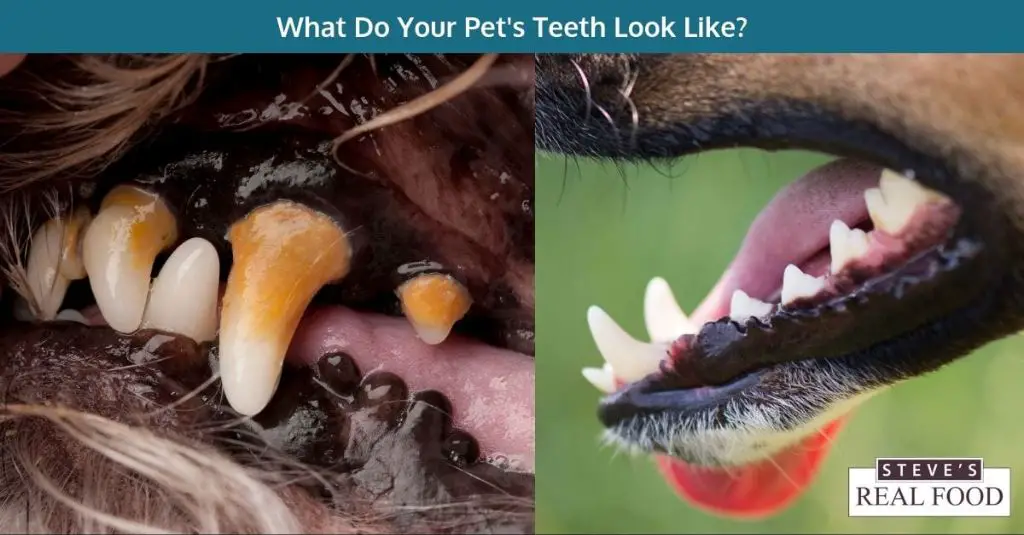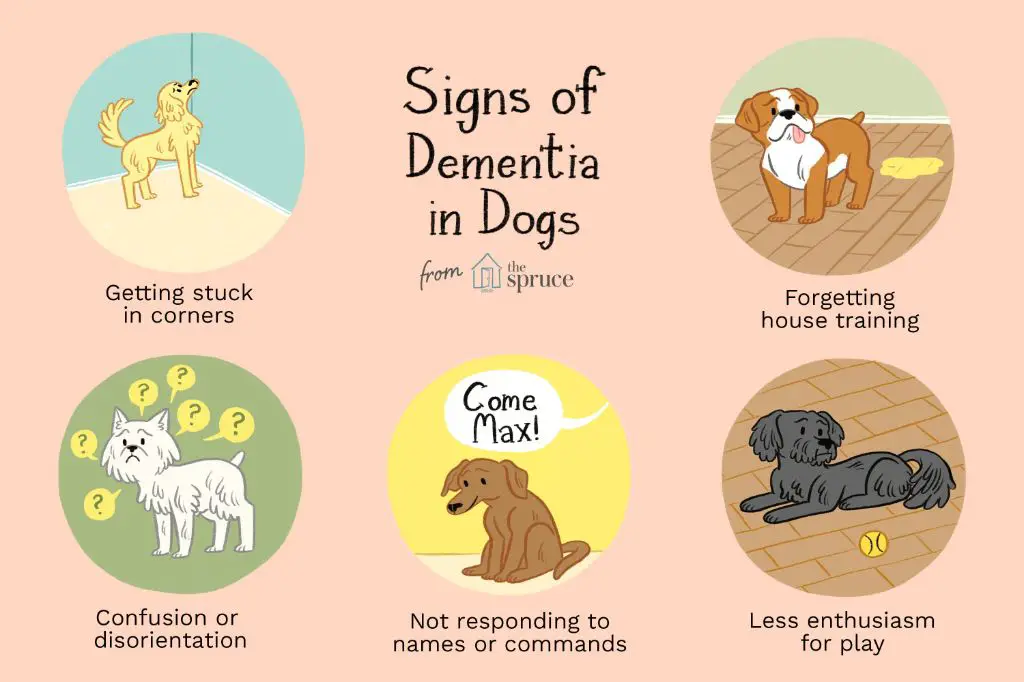Introduction
My 14-year-old Golden Retriever, Bailey, has been asking me to feed her more frequently lately. It seems like her stomach is a bottomless pit! I’ll fill up her food bowl, and she’ll devour the entire thing in minutes. Then she stands by her empty bowl, whining and giving me puppy dog eyes, begging for more kibble. This is new behavior because previously her appetite was more moderate. At her last vet visit, the vet said Bailey was the perfect weight for her age and breed. So why does my senior dog suddenly seem hungry all the time?
In this article, we’ll explore some of the possible reasons behind increased appetite in aging dogs. An old dog begging for food constantly can be perplexing and concerning for pet owners. While there may be medical causes like diabetes or thyroid disease, often the reason is simpler – older dogs just need fewer calories. We’ll look at tips for curbing your senior dog’s appetite and deciding when it’s time to get the vet involved. By understanding what’s driving your elderly dog’s insatiable hunger, you can meet their needs while keeping them healthy and happy in their golden years.
Aging Dogs Need Fewer Calories
As dogs reach their senior years, their basal metabolic rate decreases, meaning their bodies require less energy to function. Where a young adult dog is full of energy and running around, older dogs tend to become less active and sleep more as they age. With less activity, an aging dog’s calorie needs decrease, sometimes up to 20-30% less than what they needed when younger. However, their appetite doesn’t always diminish in sync with their slowing metabolism. If owners continue feeding the same quantities, many older dogs will gain weight, exacerbating joint issues and other age-related health problems. Monitoring your aging dog’s weight and adjusting food accordingly is key to keeping them healthy.
Underlying Health Issues

Many age-related conditions can abnormally increase a dog’s appetite. Some of the most common culprits include diabetes, Cushing’s disease, and thyroid problems. These conditions affect the dog’s metabolism and hormone regulation, driving their hunger up to excessive levels.
Diabetes causes the dog’s blood sugar to spike and crash in unregulated cycles, often leaving them ravenously hungry. Cushing’s disease is caused by an overproduction of cortisol, which can make a dog constantly feel famished. Thyroid problems like hypothyroidism slow the metabolism down, so the dog eats more to try to compensate for their decreased energy levels.
While increased hunger can be a symptom of these diseases, the root cause is a hormonal imbalance or organ dysfunction. Simply feeding them more will not resolve the underlying problem. Treatment requires diagnosing and addressing the specific illness. Otherwise, their extreme hunger will persist no matter how much they eat. Consulting a veterinarian can help identify any conditions contributing to the insatiable appetite.
Loss of Smell
As dogs age, their sense of smell starts to deteriorate. Scent is closely tied to a dog’s enjoyment of food. If your senior dog is losing their sense of smell, food will become less palatable. To make up for the loss of smell and taste, your dog may begin overeating in an attempt to satisfy their appetite. They keep eating more, trying to achieve the satisfaction they once derived from the scent and flavor of their meal. This diminished sense of smell and taste often leads elderly dogs to seem constantly hungry as they overeat in hopes of getting the same enjoyment from their food.
Cognitive Decline
As dogs age, it’s common for them to experience some cognitive decline. Just like humans, dogs can develop memory problems and become disoriented as they get older. This can lead to behaviors like repeatedly asking for food, even right after eating.
Memory loss in senior dogs means they may forget that they just finished a meal and ask for more food a short time later. Or they may seem unsure of where they are and keep looking for food since they don’t remember eating recently.
Disorientation from age-related cognitive decline can also cause dogs to get “stuck” repeating behaviors like begging for food or rummaging through the trash. If they forget that they already ate, they may keep asking for more food over and over because their brain isn’t signaling that they should feel full.
So in senior dogs, cognitive decline and memory problems are very common causes of increased appetite and repetitive food-seeking behaviors. Their brains are aging just like the rest of their bodies. With dementia or cognitive dysfunction, they simply can’t remember as well that they just ate.
Stress and Anxiety
As dogs reach their senior years, new stresses may arise that can increase anxiety levels. Changes in the family situation, such as children leaving home or a new pet joining the household, can be difficult adjustments for an older dog. Eating can become a self-soothing behavior in response to these stresses.
Try to maintain your dog’s normal routine as much as possible. Make any changes gradually so your dog has time to adapt. Ensure your dog gets plenty of exercise and playtime for mental stimulation. Consider calming supplements or anxiety medication if your vet recommends it. With patience and care, you can help alleviate your senior dog’s stress and anxiety levels.
Dental Issues
As dogs age, they often develop dental problems like periodontal disease, tooth loss, and gum recession. Dental disease is extremely common in older dogs, with over 80% of dogs over age 3 having some form of it. Dental pain and tooth loss makes eating less enjoyable for dogs. Food may hurt their mouth, so they swallow it whole instead of properly chewing. Swallowing food whole can lead to dogs feeling hungry again more quickly since the food isn’t properly digested. This causes senior dogs to eat more frequently. Getting your dog regular dental cleanings and exams can help minimize dental pain and tooth loss. You can also switch to wet food or add water to kibble to make it easier to swallow. Making these changes can help an elderly dog with dental issues feel satisfied from eating less.

Medications
Some medications that older dogs take for other health conditions can actually increase appetite as a side effect. For example, steroids like prednisone are commonly prescribed for allergies, arthritis, and other inflammatory conditions in senior dogs. While steroids help reduce inflammation and pain, they also stimulate the appetite center in the brain leading to increased hunger. Other medications like certain antidepressants, phenobarbital, potassium bromide, and gabapentin can potentially boost appetite as well.
If your senior dog’s increased appetite coincides with starting a new medication, talk to your vet about alternative options or adjusting the dosage. There may be another drug or lower dose that can provide the same therapeutic effect without amplifying hunger signals. Keeping your dog comfortable and healthy is important, but appetite changes from medication side effects can exacerbate age-related weight gain. Monitoring for overeating and working with your vet can help balance medication benefits with senior diet needs.
Tips to Control Appetite
There are several steps you can take to help control your senior dog’s appetite and reduce begging behaviors:
Adjust Portions and Meal Times: Consult with your veterinarian about an appropriate calorie count and meal schedule for your senior dog based on their age, activity level, and health status. Stick to scheduled meal times rather than free-feeding. Reduce portion sizes if your dog is becoming overweight.
Modify the Diet: Switch to a senior dog food formula with fewer calories and more nutrition. Wet food can also help them feel full with smaller portions. Avoid giving table scraps or too many treats.
Mental Stimulation and Exercise: Keep their mind engaged through games, training, and toys. Regular low-impact exercise like short walks helps burn calories and provides enrichment. Physical and mental stimulation can reduce food-seeking behaviors.
Veterinary Exam: Schedule a check-up to rule out any underlying medical issues causing an insatiable appetite. Your vet can recommend solutions if the overeating is linked to a health problem.
When to See the Vet
If your elderly dog suddenly develops an increased appetite, especially accompanied by other symptoms like increased drinking and urination or weight loss, it could indicate a serious underlying issue that requires veterinary attention. An unexplained increased appetite in senior dogs should not be ignored or written off as just a normal part of aging.

Some conditions that can cause increased hunger and thirst in older dogs include kidney disease, diabetes, hyperthyroidism, dental problems, cancer and gastrointestinal issues. These diseases tend to progressively worsen over time if left untreated, so early intervention is key.
Contact your vet promptly if you notice any combination of the following warning signs in your senior dog:
- Greatly increased appetite and thirst
- Weight loss despite eating more
- Increased urination and drinking
- Vomiting or diarrhea
- Lethargy, weakness or inability to exercise
- Poor coat condition
- Cloudy eyes or vision changes
While a certain amount of increased appetite can be normal in aging dogs, a sudden voracious appetite combined with these other symptoms warrants an exam and diagnostic testing. With prompt veterinary attention and proper treatment, many conditions that cause increased hunger and thirst can often be well managed to provide a good quality of life. Don’t assume it’s just due to old age – be proactive about your senior dog’s health.
